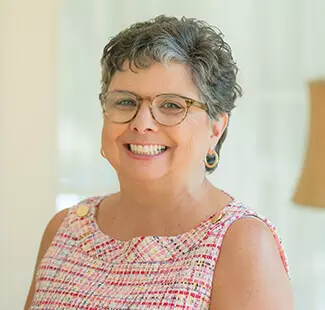Written by: Atty Michelle D. Beneski, Esq., CELA, LLM in Taxation
Here’s the issue: The Federal government mandates that if you receive MassHealth benefits after age 55, or if MassHealth pays for nursing home care for you at any time during your life, MassHealth must attempt to recover the cost of benefits paid on your behalf from your estate. In Massachusetts, MassHealth can only recover from assets that pass through your probate estate. Probate assets are assets owned by you individually prior to your death and that did not have any named beneficiary. In most cases, if you are receiving MassHealth benefits the only asset of significant value that you can own is your home. Therefore, at your death if your estate needs to be probated to pass your home to your heirs, it is then that MassHealth will present a claim that must be paid prior to the distribution of your home to your heirs.
In the last few years, the use of Senior Care Options and PACE programs began expanding. These are programs designed to provide complete healthcare to seniors in the community. The goal is healthy seniors who can continue to live at home. This is good news. MassHealth pays premiums to private companies to provide these programs. This makes the programs much more affordable. However, seniors enrolled in these programs often are unaware that their estate may have to payback MassHealth upon the senior’s death. The premiums can total as much as $3,000 per month. Many seniors were not notified about potential estate recovery when they enrolled in the program. Upon their death, their estate could receive a large bill for the premiums paid by MassHealth. This obviously seems very unfair.
Elder Law firms appealed to the Court on behalf of several clients who received these unexpected bills. A ruling was obtained that stated MassHealth can only recover premiums from a person’s estate if MassHealth gave Notice to the person in advance that MassHealth has the right to recover premiums paid on behalf of the person enrolled in the program at the person’s death. Once this court ruling was obtained, MassHealth sent out numerous notices to people enrolled in these programs. This was designed to ensure MassHealth has the right to recover from a person’s probate estate at the person’s death. You may have received such a notice. If you did this means that you (or a loved one) are receiving or have received MassHealth benefits.
There is a Bill crafted by Elder Law attorneys and advocates pending in the Massachusetts legislature that proposes changes to make Estate Recovery fairer and limit Estate Recovery to only those things that the Federal government mandates. As a result of this advocacy, MassHealth made revisions to the Estate Recovery rules last fall. Those revisions expanded exemptions and waivers allowing more people to avoid Estate Recovery. Now, no estate under $25,000 is subject to Estate Recovery. There are also expanded waivers of estate recovery for low-income heirs, heirs who cared for the ill person at home and financial hardship waivers. If during the probate of a loved one’s estate, the Personal Representative (Executor) receives a MassHealth claim for estate recovery, you should check with an Elder Law Attorney immediately to see if any of the new waivers apply. There is a very limited time to file for the waiver.
If you or a loved one need or are receiving MassHealth benefits directly or by MassHealth paying your premiums for the Senior Care Options program or the PACE program, you may want to consult an Elder Law Attorney to see how Estate Recovery impacts your family. There may be things that can be done in advance to avoid Estate Recovery. You should also find out if any of the recently developed waivers apply in your situation. This article highlights the complexity of MassHealth benefits and why it can be beneficial to work with an Elder Law Attorney to apply for and manage such benefits.
©Surprenant & Beneski, P.C. 35 Arnold Street, New Bedford, MA 02740, 336 South Street, Hyannis MA 02601 and 45 Bristol Drive, Easton MA 02375. This article is for illustration purposes only. This article does not constitute legal advice. There is no attorney/client relationship created with Surprenant & Beneski, P.C. by this article. DO NOT make decisions based upon information in this article. Every family is unique and legal advice can only be given after an individual consultation with an elder law attorney. Any decisions made without proper legal advice may cause significant legal and financial problems.
